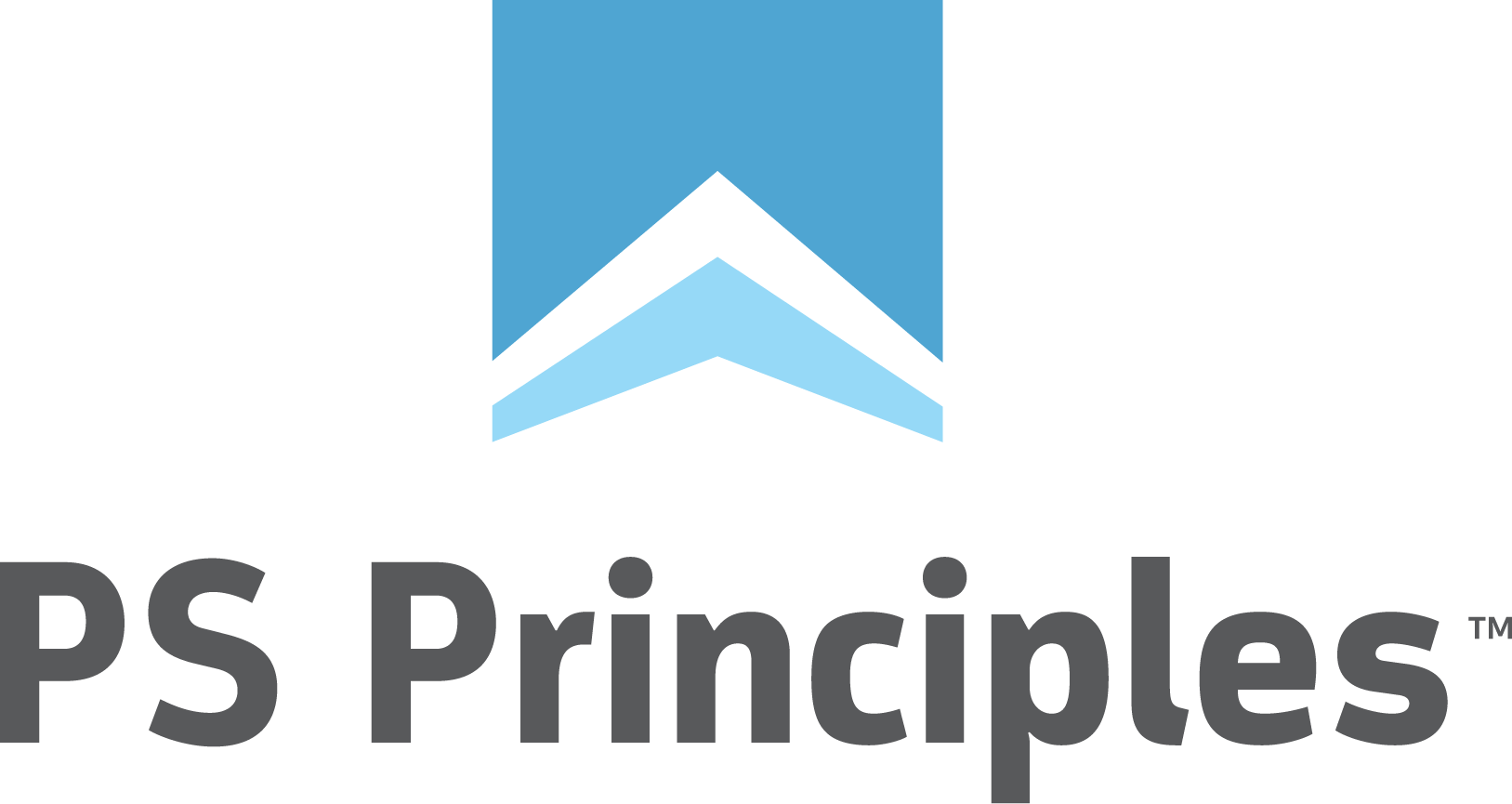Winning the Consultant Super Bowl

Published January 23, 2015 on PS Village
As the NFL season draws to a close, we are about to see how champion teams identify themselves in the run up to the Super Bowl. At such a high level of sporting professionalism it can be hard to identify large differences between the raw skills of the top teams. In a competition as highly skilled as the NFL, it will be the team that handles the pressure of the moment that will be victorious.
That team will consist of the individuals who can control their emotions and read the game correctly as it happens around them. Each individual will select the right moves at the right time and then not only execute their individual parts flawlessly, but with the absolute confidence that the entire team around them is doing exactly the same. We refer to this capability as the ability for a
team to develop and execute a winning game plan.

So just like a professional sporting team, a professional service team requires a well-developed and executable game plan. Professional services consultants need a plan for handling the on-field situations that require more than just technical skills. By categorizing these additional skills as “soft skills” (the ability to communicate clearly, negotiate, etc.) is over simplifying the game of professional services. It is like telling the Packers the importance of recovering an onside kick! Success in the moment is about far more than just the knowledge of what to do or not to do. To make the right calls and execute flawlessly under pressure a consultant must believe whole-heartedly in a game plan that can be trusted and believe that the team surrounding him or her is executing exactly the same plan.
My book, The Seven Principles of Professional Services (Amazon, iBooks), details the game plan that I have developed over the years. It is a blueprint for the basic plays and tactics that must be executed during an engagement to achieve success. While the conditions of the field, the quality of the customer’s own players and the strengths and weaknesses of the opponent change from engagement to engagement, the value of each principle remains the same. Here are the seven principles with the closest sporting equivalent in parenthesis:
- Adapt to Your Environment (Play according to the conditions)
- Always Know What Done Looks Like (Always stick to the game plan)
- Manage Expectations (Maintain a realistic game plan)
- Have Difficult Conversations Early (Do the hard things now and often)
- Think F.A.A.S.T. (Stay calm under pressure and execute the basics)
- Participate in the Collective Wisdom (Be a student of the game)
- Stay Engaged (Get involved with your team and your own career)
If you work in the professional services business you have likely heard some of these before. Most of them are pearls of wisdom that have been passed down from those that realize their truth over the years, usually after failing to act on them. As catch phrases to summarize the past, they are empty quips, but as principles of an effective game plan for success, they are incredibly powerful. While no game plan is fool proof, these principles are the best set of tools I have deployed for teaching professional services teams an effective and executable game plan. Each principle is a collection of specific soft skills that must be used in a specific way to achieve an outcome that keeps the professional services engagement on track.

If we are considering the delivery of professional services a sport, then the sporting field is represented by the project or engagement on which the consultants perform their skills. Contrary to how many consultants feel during an engagement, the competition is not the customer. Thinking of the customer as the competitor creates a focus of achieving success in spite of the customer rather than for them. The customer is on the field and they too must perform to the game plan if the project is to be successful. This illustrates the need for consultants to bring a game plan that includes helping the customer handle the on-field pressure. The professional services team must step into the role of the project’s captain and orchestrate the game plan across the entire engagement. The game plan must include utilizing the customer’s strengths and nullifying their weaknesses. Acknowledging that the customer is not the opponent begs us to ask, “Who is?”
The true opponents in a professional services engagement are the project plan and the customers expected outcomes. These adversaries possess an array of individual threats that must be contained and outplayed if success is to be achieved. Their star lineup includes time, uncertainty, expectation and complexity to name just a few. Hence, an enterprise professional services team must have a strategy for overpowering these key players in order to be successful.
As a professional services executive, I have grappled with these opponents for years. As the head coach of a professional services team I am accountable for the overall performance of the team, but just like any sporting coach, my involvement in the game is limited. I recruit star players and look for promising rookies and train them as a part of our team. I name a captain (project manager) and assign field leadership roles (solution architect and so on) and then send them out on the field to perform. Sending them into the field without a game plan is putting the entire team in a vulnerable situation. The fluid nature of delivering customer solutions in an ever-changing and requirements-driven environment means that a successful team needs more than just their technical and soft skills. The team will learn more and more about the customer and the required solution as the engagement progresses and will need to react to these discoveries accordingly. Hence, a successful professional services team needs a consistent and effective game plan that can be relied upon, understood and executed by everyone.
Now, simply having a game plan is not enough. A game plan must be learned and practiced constantly. Even with practice, the game plan never really takes hold until the whole team believes in the plan’s ability to lead them to victory. This was always my greatest challenge, and to some respect, represents the challenge that all professional services teams must overcome. A game plan is ineffective if it is not carried into the field in the hearts and minds of the players. If there is no belief in the game plan, then it will not be executed in the field. The consultants will fall back on other habits that could be inappropriate for the given situation.
While there are likely to be many game plans for many different kinds of consulting, the need for a game plan is evident if a professional services team is going to be successful. Even if a team has a game plan, its value is limited if they do not believe in it. Achieving this level of belief is difficult, and takes time. The strategies for obtaining this belief are many and would be a great topic for another article. For now however, consider what it is you believe in. As a consultant, what is it that you have learned about your craft that can be used to make on-field decisions? As an executive, consider what you want your team to believe in when you are not around. Have you articulated a game plan they can execute? Are you coaching to it or preaching it to them after a disappointing performance? Without an effective game plan, the reactions on the field are going to lead to a wide variety of results and success becomes more of a crapshoot than a well-orchestrated strategy.
If your team doesn’t have a game plan it can believe in, then it is time to find one!
